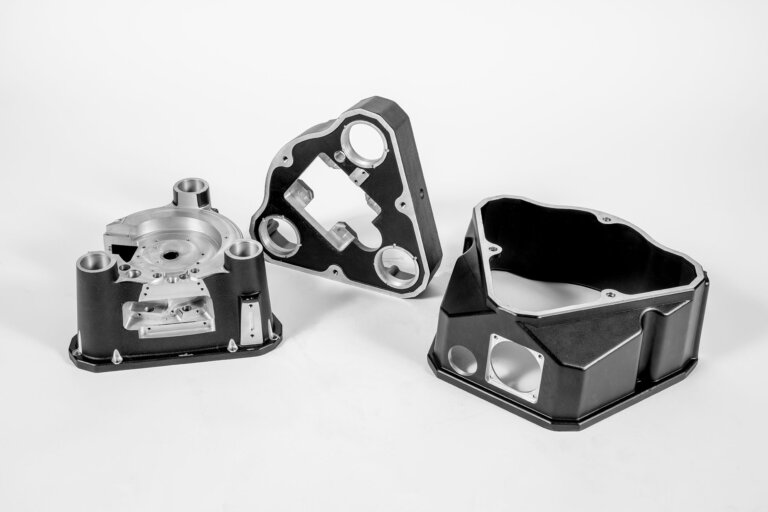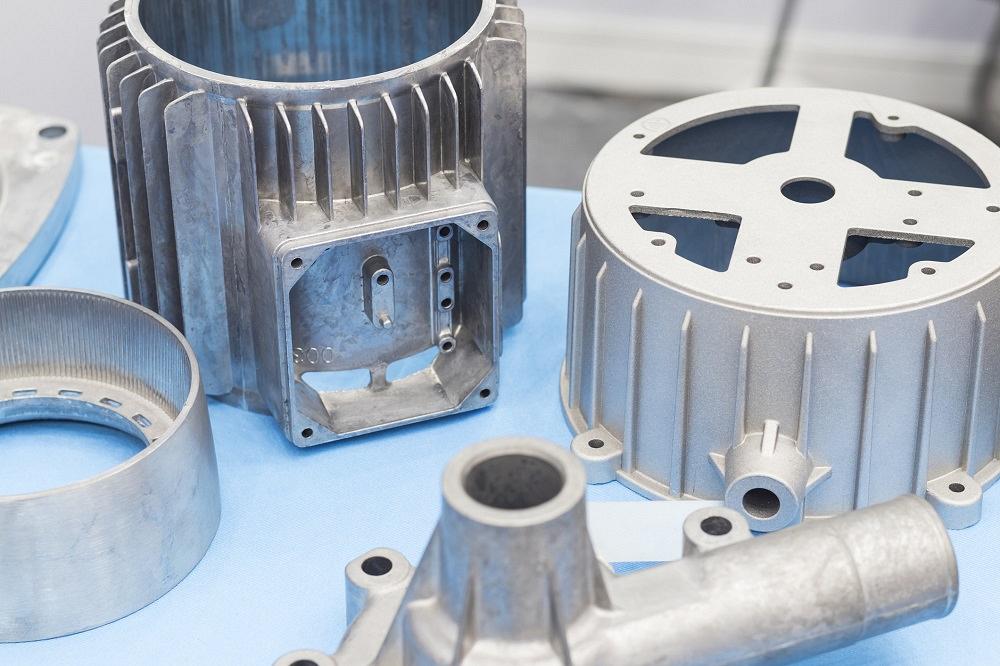Getting My Alcast Company To Work
Table of ContentsThe Single Strategy To Use For Alcast CompanySome Of Alcast CompanySome Of Alcast CompanyLittle Known Facts About Alcast Company.8 Easy Facts About Alcast Company ExplainedGet This Report on Alcast Company
The subtle difference hinges on the chemical web content. Chemical Contrast of Cast Aluminum Alloys Silicon promotes castability by reducing the alloy's melting temperature level and improving fluidness during casting. It plays an important duty in allowing detailed molds to be loaded accurately. Additionally, silicon adds to the alloy's strength and wear resistance, making it useful in applications where resilience is critical, such as vehicle components and engine components.It also enhances the machinability of the alloy, making it simpler to process into completed items. In this way, iron contributes to the general workability of light weight aluminum alloys. Copper enhances electrical conductivity, making it advantageous in electric applications. It also boosts deterioration resistance and contributes to the alloy's total toughness.
Manganese contributes to the strength of light weight aluminum alloys and boosts workability. Magnesium is a lightweight element that provides stamina and influence resistance to light weight aluminum alloys.
Everything about Alcast Company
Zinc boosts the castability of light weight aluminum alloys and assists control the solidification procedure throughout casting. It boosts the alloy's toughness and firmness.

The primary thermal conductivity, tensile strength, return strength, and elongation vary. Amongst the above alloys, A356 has the greatest thermal conductivity, and A380 and ADC12 have the most affordable.
About Alcast Company

In precision casting, 6063 is fit for applications where elaborate geometries and top notch surface area coatings are paramount. Examples consist of telecommunication rooms, where the alloy's superior formability permits smooth and visually pleasing designs while preserving structural stability. Similarly, in the Lights Solutions market, precision-cast 6063 parts develop elegant and effective lights components that require detailed forms and great thermal efficiency.
It leads to a finer surface coating and much better corrosion resistance in A360. Furthermore, the A360 displays exceptional prolongation, making it perfect for facility and thin-walled elements. In precision casting applications, A360 is fit for markets such as Consumer Electronic Devices, Telecommunication, and Power Devices. Its improved fluidity allows for detailed, high-precision components like mobile discover this phone casings and interaction tool housings.
The smart Trick of Alcast Company That Nobody is Discussing
Its special homes make A360 a useful choice for accuracy casting in these industries, boosting product sturdiness and top quality. Casting Foundry. Aluminum alloy 380, or A380, is a widely utilized casting alloy with numerous unique qualities.
In precision spreading, aluminum 413 beams in the Customer Electronic Devices and Power Equipment markets. This alloy's premium deterioration resistance makes it an outstanding choice for exterior applications, making sure resilient, durable products in the pointed out sectors.
How Alcast Company can Save You Time, Stress, and Money.
As soon as you have made a decision that the light weight aluminum pass away casting process appropriates for your project, an important following step is picking one of the most appropriate alloy. The light weight aluminum alloy you select will substantially affect both the spreading process and the homes of the end product. As a result of this, you should make your choice meticulously and take an informed approach.
Determining the most suitable light weight aluminum alloy for your application will certainly indicate evaluating a wide array of characteristics. The first classification addresses alloy characteristics that impact the production process.
Some Known Details About Alcast Company
The alloy you pick for die spreading directly affects a number of aspects of the spreading process, like just how easy the alloy is to deal with and if it is susceptible to casting flaws. Hot fracturing, likewise understood as solidification cracking, is a typical die casting issue for light weight aluminum alloys that can cause interior or surface-level rips or cracks.
Certain aluminum alloys are more prone to hot fracturing than others, and your choice must consider this. Another typical defect found in the die spreading of aluminum is die soldering, which is when the cast sticks to the die wall surfaces and makes ejection difficult. It can harm both the actors and the die, so you should try to find alloys with high anti-soldering residential properties.
Rust resistance, which is currently a remarkable characteristic of aluminum, can differ considerably from alloy to alloy and is an important characteristic to think about relying on the ecological conditions your item will certainly be revealed to (Aluminum Casting). Put on resistance is another property frequently sought in light weight aluminum items and can distinguish some alloys